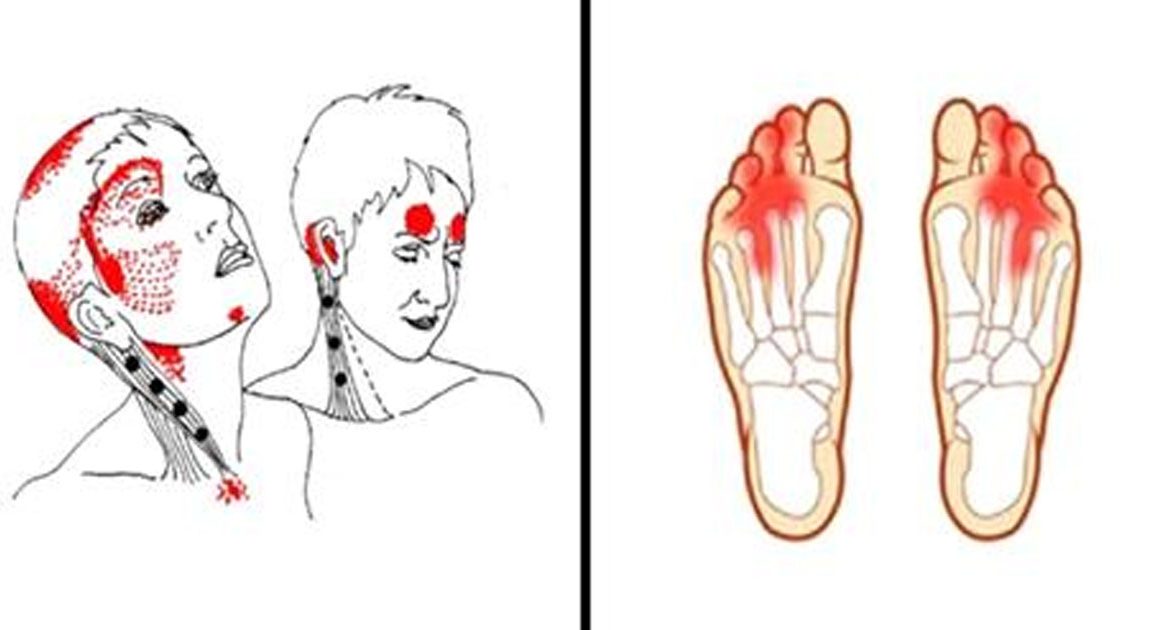As we grow older, our body’s ability to absorb vitamin B12 slows down. Vitamin B12 is responsible for helping make the red blood cells and DNA. Since the human body is incapable of making vitamin B12, it’s essential that we get it from supplements or animal-based foods. But some people do not take this vitamin seriously. Because of this, they end up suffering from vitamin B12 deficiency.
According to statistics, about 40% of North Americans suffer from vitamin B12 deficiency. Also, those who suffer from chronic fatigue syndrome or fibromyalgia also suffer from vitamin B12 deficiency.
If you are suffering from vitamin B12 deficiency, you will experience the following signs.
You Can’t Stay Awake: One of the biggest telltale signs of vitamin B12 deficiency is fatigue. This is not normal fatigue though. If you constantly get at least eight hours of sleep and are still tired, you might be suffering from vitamin B12 deficiency. The human body relies on this vitamin to produce red blood cells. The more red blood cells that are created, the more oxygen is carried through the body. One thing to remember is that fatigue is only one symptom, so don’t assume you’re vitamin B12 deficient.

You’re Muscles Are Weak: To keep your muscles strong, they need oxygen. The red blood cells that deploy oxygen to the muscles rely on vitamin B12. So if you are vitamin B12 deficient, your muscles will feel weak.

Memory Loss: This sign is often mistaken for Alzheimer’s and dementia. But vitamin B12 deficiency can also be to blame. As I have mentioned already, vitamin B12 helps create red blood cells. If there are not a sufficient amount of red blood cells, your brain won’t receive much oxygen. If your brain isn’t receiving enough oxygen, it will not properly function the way you’re used to. This could lead to foggy memory.
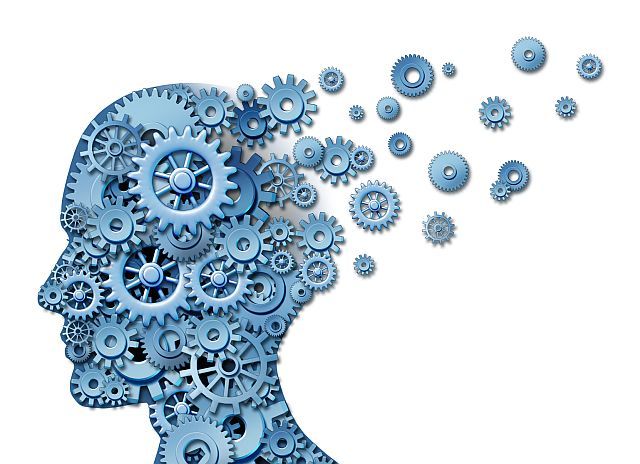
Pale Skin: If you notice that your complexion looks yellowish, you may be vitamin B12 deficient. It’s when the red blood cells are broken that causes the release of bilirubin. This gives the skin a yellowish color. You may also be suffering from Jaundice, so speak with your doctor if you experience this.
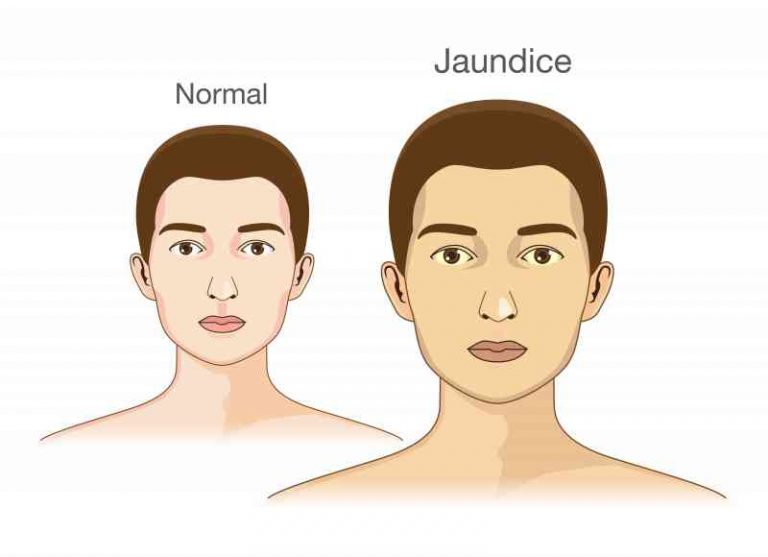
Red, Smooth Tongue: The little bumps that are present on your tongue are called papillae. People who suffer from B12 deficiency lose the papillae on their tongue. Research has also indicated that people complain of pain on the back of the tongue. Most of the papillae on the tongue contain taste buds. If you lose most of it, your food will not taste good.
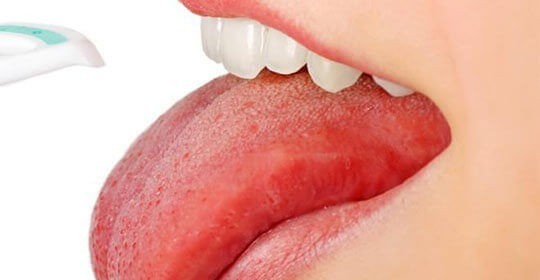
Eye Issues: In severe cases, vitamin B12 deficiency can damage the optic nerve. It can also plug up the blood vessels directly in the retina. This can cause double vision, blurry vision, and even vision loss. If you begin to see a decline in your vision, do not self-diagnose, go see your doctor.

What Can Cause B12 Deficiency: Our bodies contain good bacteria, which is responsible for breaking down foods and absorbing nutrients. But when there is an imbalance of gut bacteria, it can result in improper absorption of essential nutrients. This could include vitamin B12. Another cause is chemotherapy. The medication that is given during chemotherapy can cause inflammation and irritation of the gut.
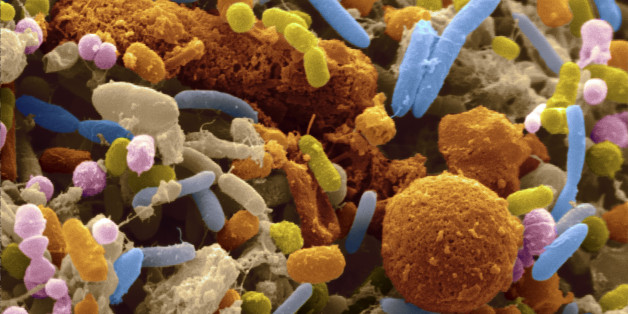
Steps to Getting Rid of B12 Deficiency: The first step to getting rid of vitamin B12 deficiency is to change your diet. Add sources of vitamin B12 like fish, chicken, and lamb. You can also add beef liver and chicken liver as well.

B12 Supplements: If adding food sources is not an option, taking vitamin B12 supplements is another option. Two good supplement options are Methylcobalamin and Cyanocobalamin. Do not start taking these supplements until you speak with your doctor first. These supplements are also good options for those who do not eat meat.

Quality Probiotics: Another great step to take is taking quality probiotics. These will help you absorb vitamin B12 more effectively. Quality probiotic sources include kefir, dark chocolate and kombucha.

Stop Eating Inflammatory Foods: To keep your gut healthy, you need to reduce the number of inflammatory foods you consume. These include packaged foods, fast food, fried foods, and low-quality meats and food additives.

If you follow a strict diet and take the necessary B12 supplements, you shouldn’t suffer from vitamin B12 deficiency. You also know the top signs that are related to vitamin B12 deficiency, making it easier to consult your doctor if you’re concerned.

